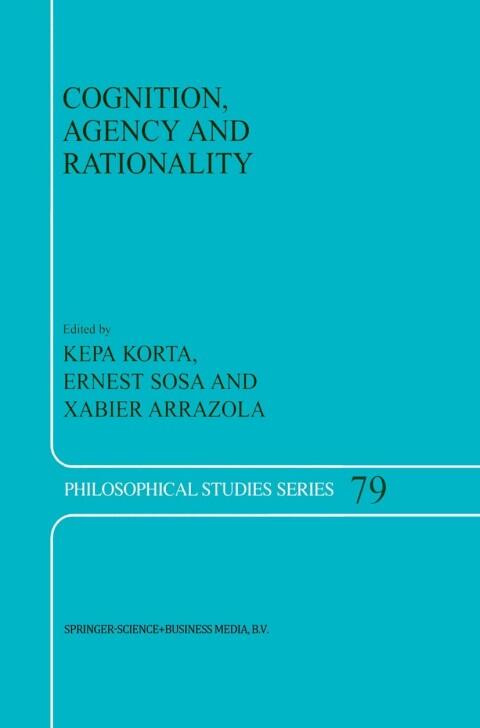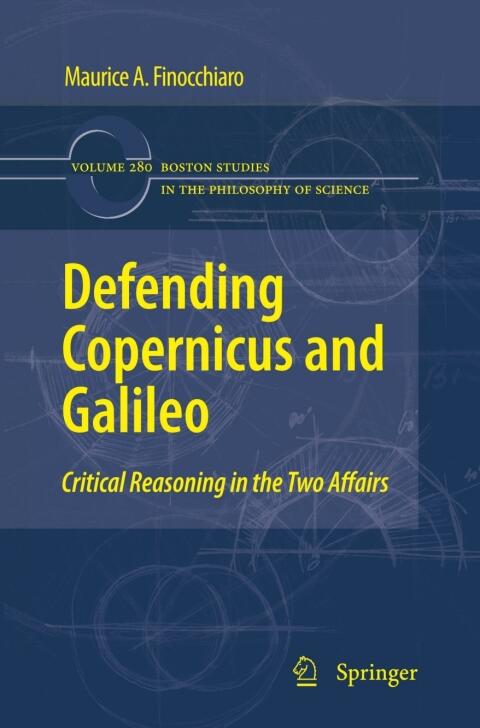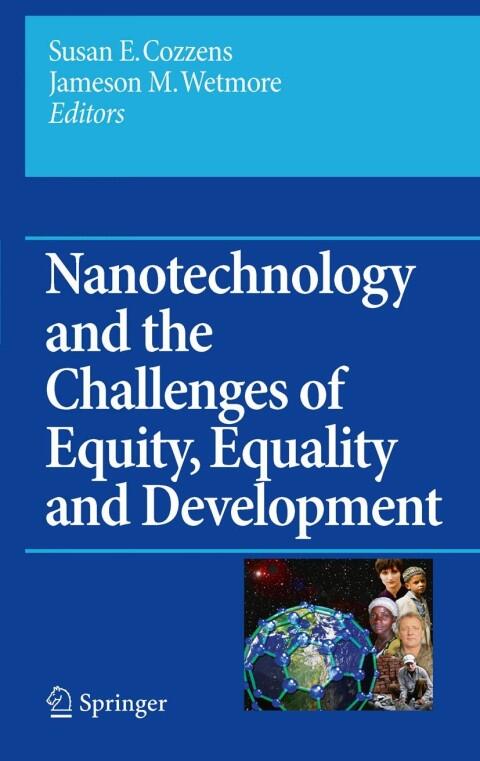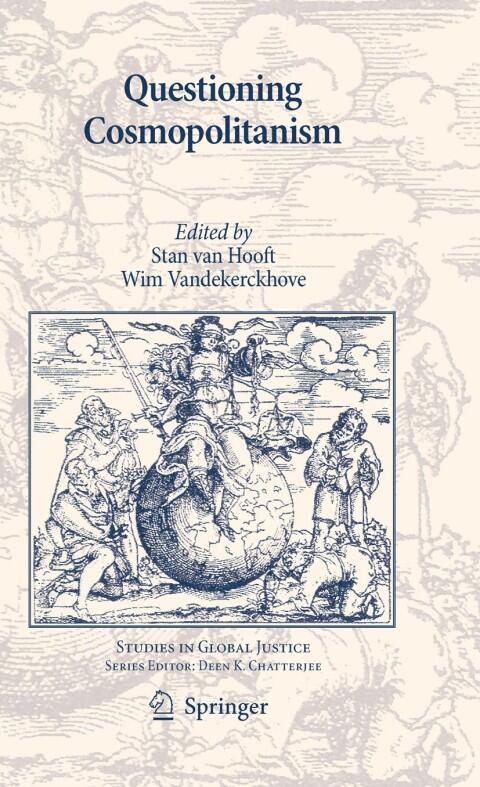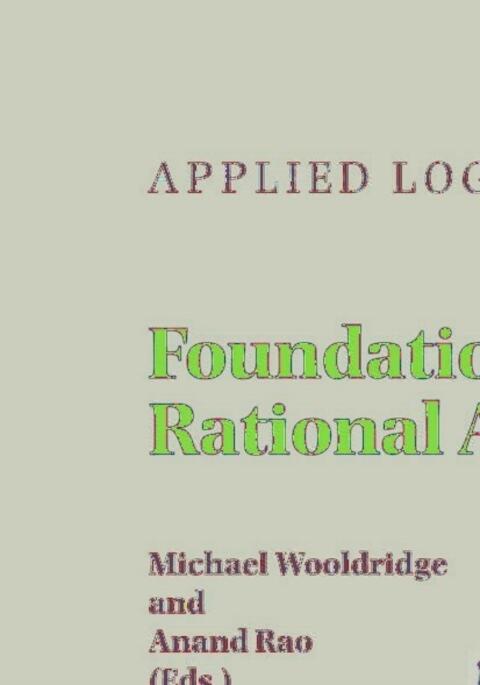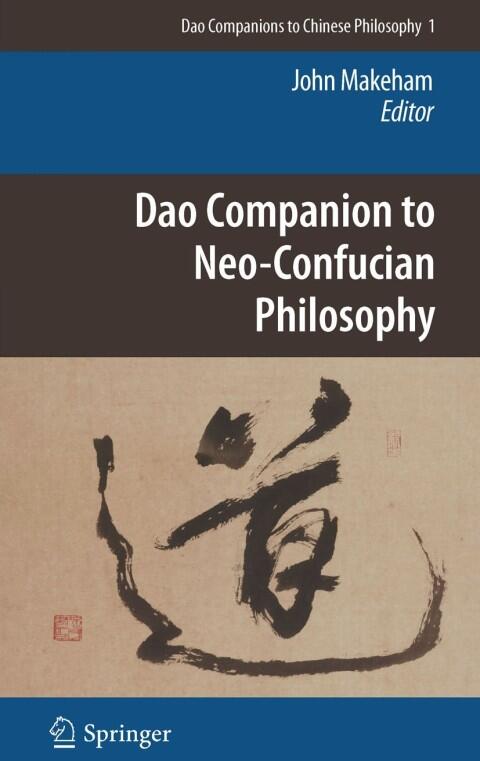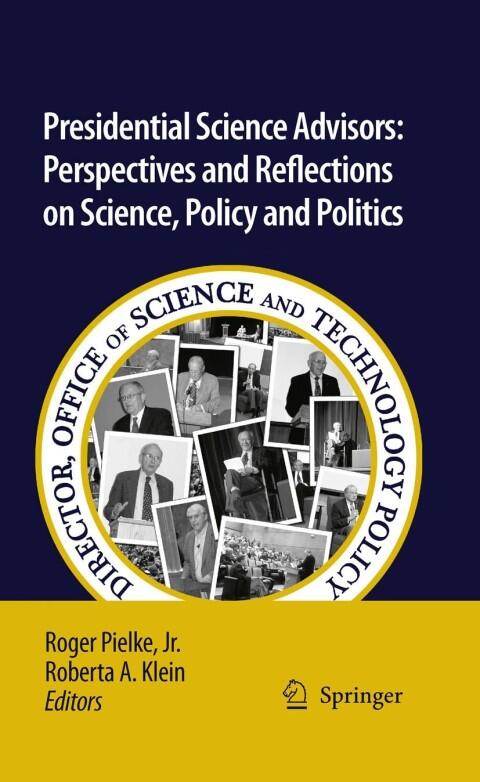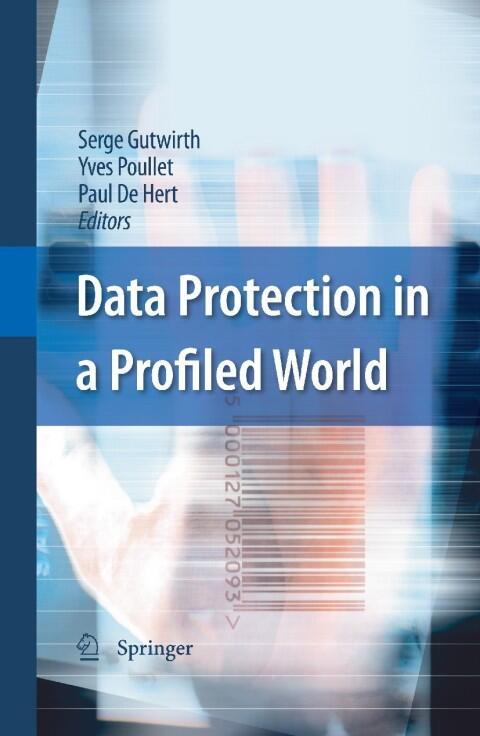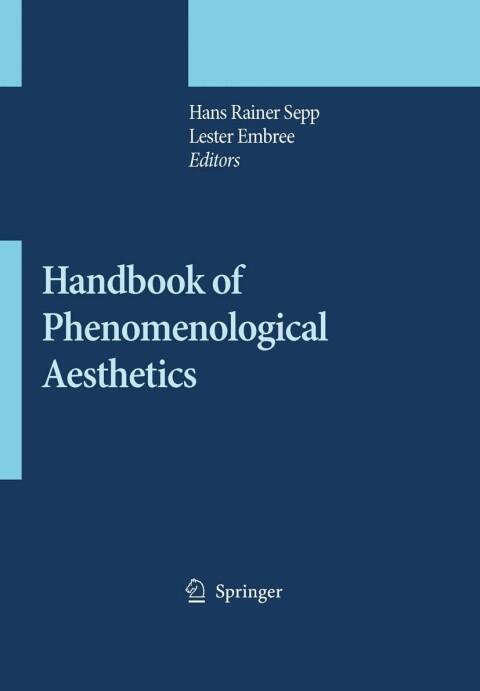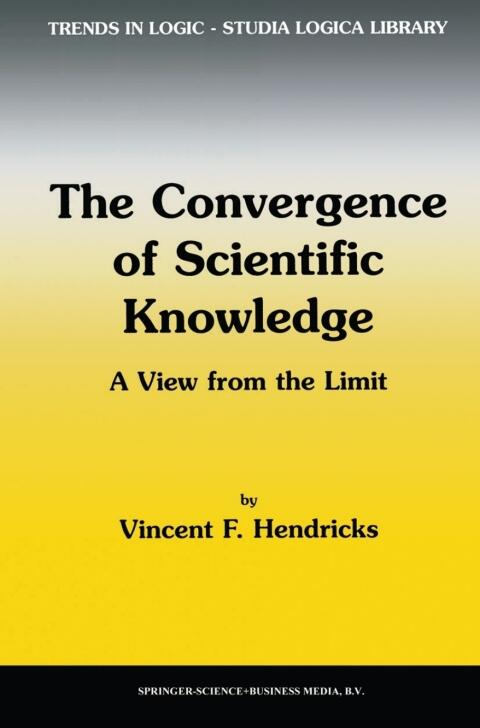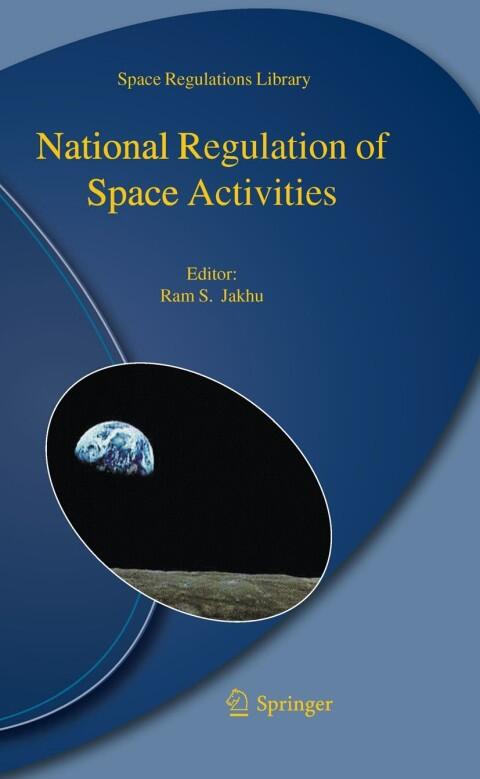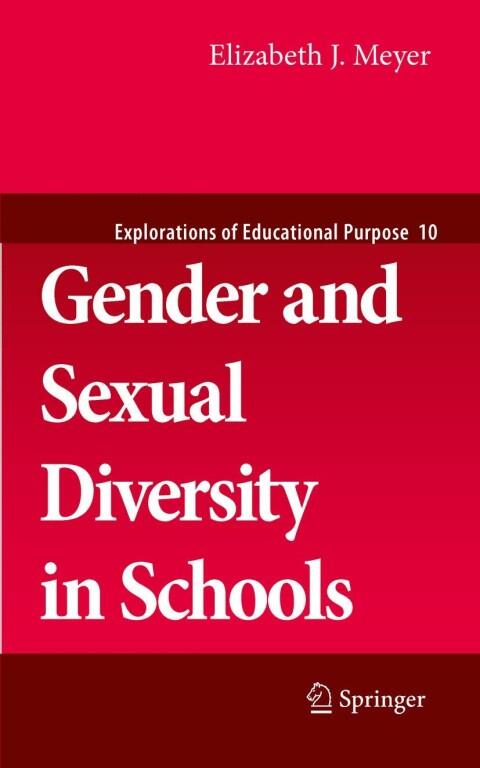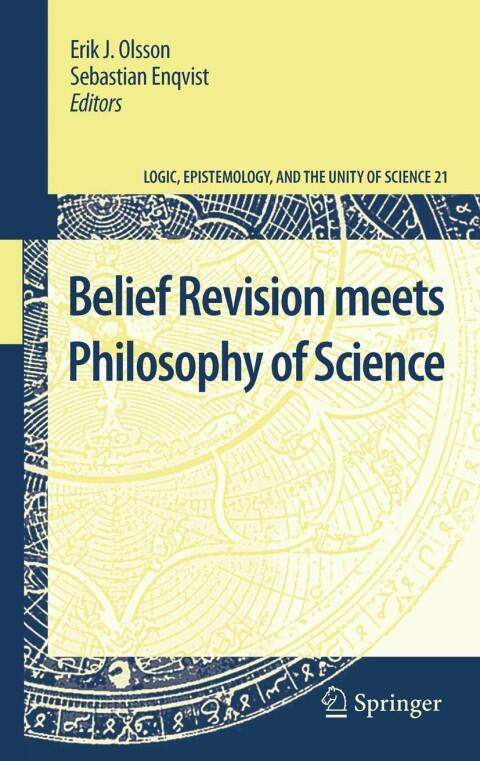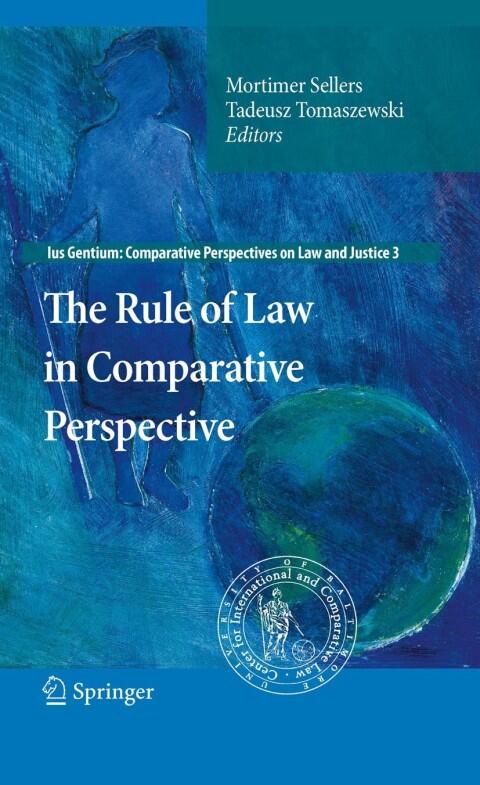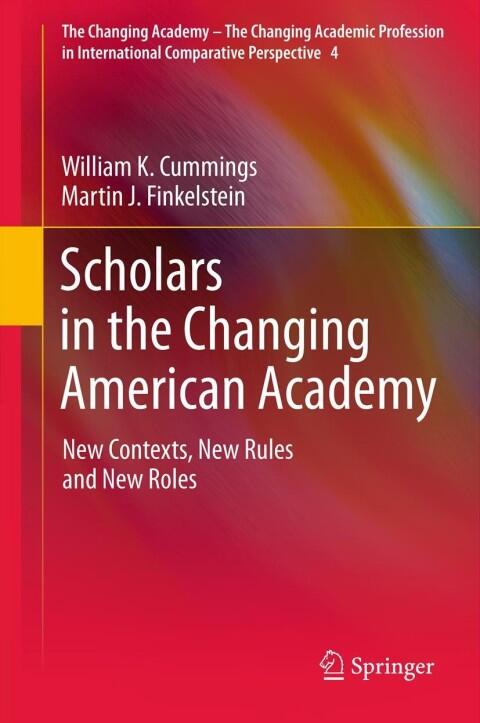
Scholars in the Changing American Academy: New Contexts, New Rules and New Roles
还没有评分
Business & Economics
Philosophy
Health & Wellness
格式
Kindle
页数
304
语言
荷兰语,佛兰芒语
已发布
Jan 1, 2011
出版商
Springer
版本
2012
ISBN-10
9400727305
ISBN-13
9789400727304
描述
In an era where higher education is undergoing significant transformations, this insightful work delves into the evolving landscapes faced by academia. The authors explore how shifting societal expectations, technological advancements, and globalization are reshaping the roles and responsibilities of scholars in American universities. Through a comprehensive analysis, they shed light on the intricate dynamics of these changes and their impact on educational practices and policies.
Cummings and Finkelstein provide a thoughtful examination of how academic institutions must adapt to remain relevant in a fast-paced world. They address the challenges and opportunities that arise from these shifts, emphasizing the need for scholars to embrace new models of engagement, teaching, and collaboration. The narrative is rich with perspectives that encourage readers to reflect on the future of academic life and the role of education in navigating societal change.
The authors' expertise and nuanced understanding of the academic profession are evident throughout the work. Their reflections invite readers to consider not just the immediate implications of these changes but also the long-term significance for scholars and the educational system as a whole, making it an essential read for anyone invested in the future of academia.
Cummings and Finkelstein provide a thoughtful examination of how academic institutions must adapt to remain relevant in a fast-paced world. They address the challenges and opportunities that arise from these shifts, emphasizing the need for scholars to embrace new models of engagement, teaching, and collaboration. The narrative is rich with perspectives that encourage readers to reflect on the future of academic life and the role of education in navigating societal change.
The authors' expertise and nuanced understanding of the academic profession are evident throughout the work. Their reflections invite readers to consider not just the immediate implications of these changes but also the long-term significance for scholars and the educational system as a whole, making it an essential read for anyone invested in the future of academia.
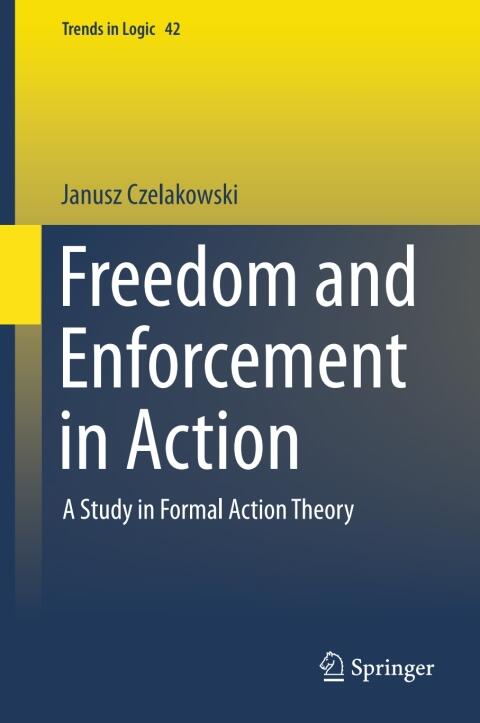
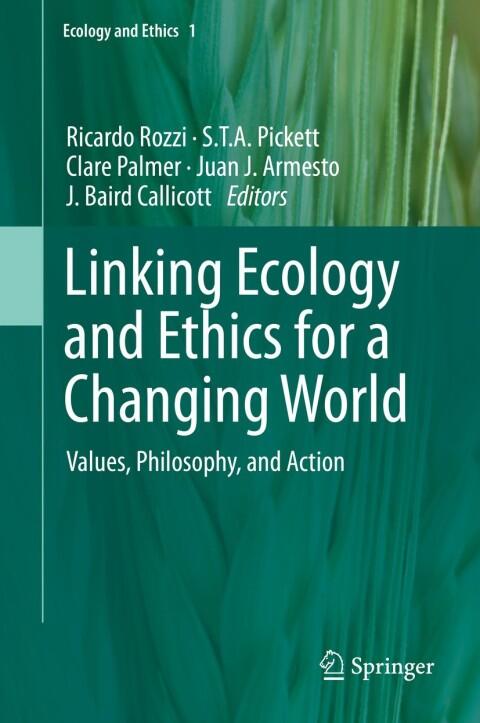

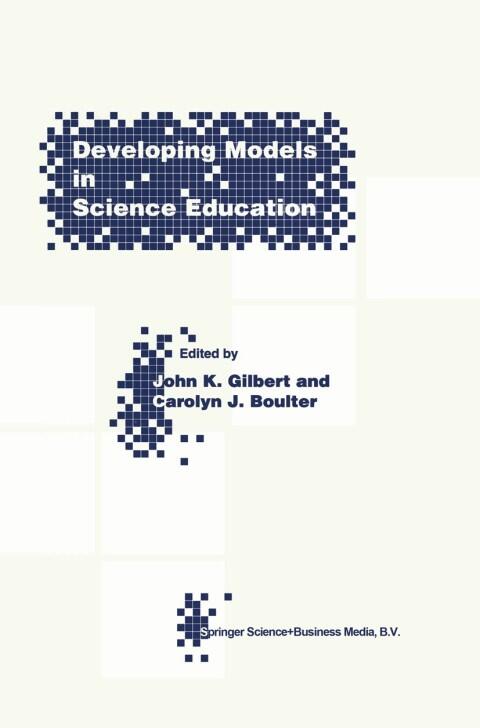
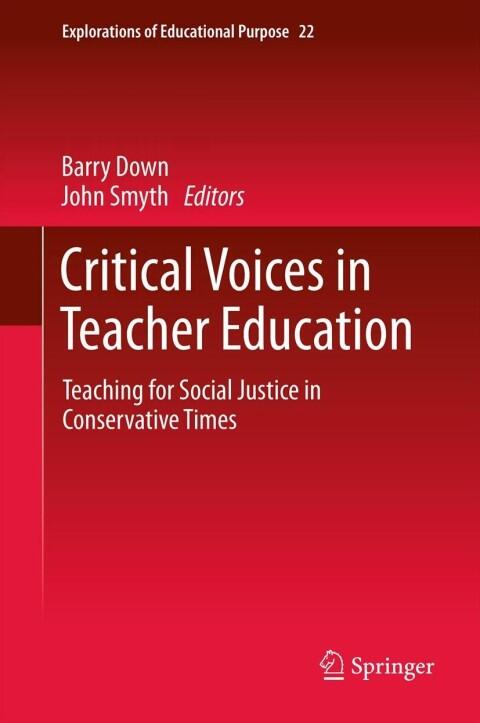
![[Ethical Principles and Economic Transformation - A Buddhist Approach (Issues in Business Ethics)] [Author: x] [May, 2011]](https://images.bookpine.com/bd815e9c-ead9-4e64-bfb5-aea659b2460b.jpg)
